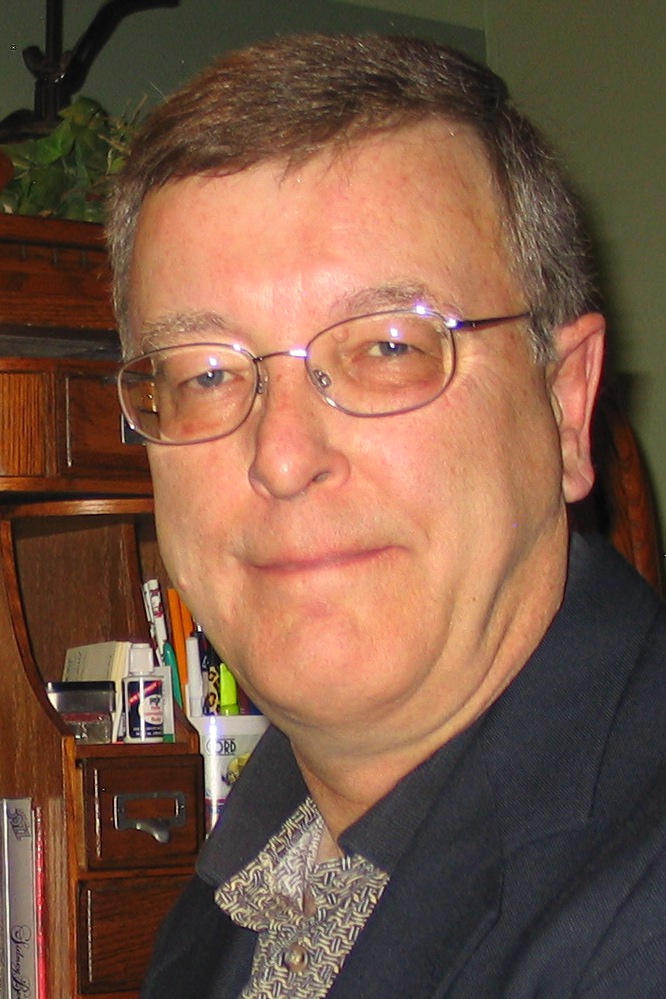Take care in naming your novel’s cast.
by Andy Scheer
Do you put as much effort into naming your characters as you do titling your novel?
My experience at one writers conference, plus a novel I read en route, prompts me to ponder what’s in a character’s name.
Boys Named Sue
As expected, the writers whose work I reviewed ran the gamut from veterans to first-timers. But the name of one novel’s protagonist cast a cloud over the entire work.
The name was Shamrock. A winsome Irish lass with a lilting brogue and long auburn locks floating over the heather, right?
Wrong. Shamrock was a guy. In New York City. With conventionally named parents who had given their other child a normal name. What was going on?
I should have seen it coming. The writer had targeted twenty-something readers and used an edgy style. That’s one euphemism for first-person, present-tense with random punctuation. But a guy named Shamrock? Shades of that old Johnny Cash song.
Edwina’s Insights
Talking to another novelist reassured me some writers remain dedicated to getting character names right. She mentioned how her parents came to name her Edwina. I’d never have expected her to carry that name. But as I got to know her, the name fit perfectly.
[cryout-pullquote align=”left|center|right” textalign=”left|center|right” width=”33%”]She mentioned she never gave two major characters names that began with the same initial. Why risk confusing the reader?[/cryout-pullquote]
She mentioned she never gave two major characters names that began with the same initial. Why risk confusing the reader? We talked about how names reflect time and culture. And she pointed to a great source for names for people of a given place and generation: high school yearbooks.
Shane Quintana
Flying back from the conference, I enjoyed rereading John Dunning’s 1995 New York Times “notable book of the year,” The Bookman’s Wake, a mystery that explores the dark side of book collecting.
The woman who holds the key to the book’s maguffin was born in 1969. Her family name is Rigby. Her parents named her Eleanor.
Through much of the novel, cop-turned-rare-book-dealer Cliff Janeway tries to evade a determined Seattle police officer identified only as Quintana. The name suggests a man at odds with expectations. A scene near the end—when Janeway finally meets Quintana—reinforces that impression.
I asked if he had a first name.
“Shane,” he said, daring me not to like it.
But I couldn’t play it straight. “Shane Quintana?”
. . . “I was named after Alan Ladd. Kids today don’t even know who . . . Alan Ladd was.”
Dunning needed these characters to resolve their differences, and he needed to show another side of the Seattle cop. Revealing an unexpected first name and the story behind it helped accomplish those goals.
What’s in a character name? Potentially a lot.


